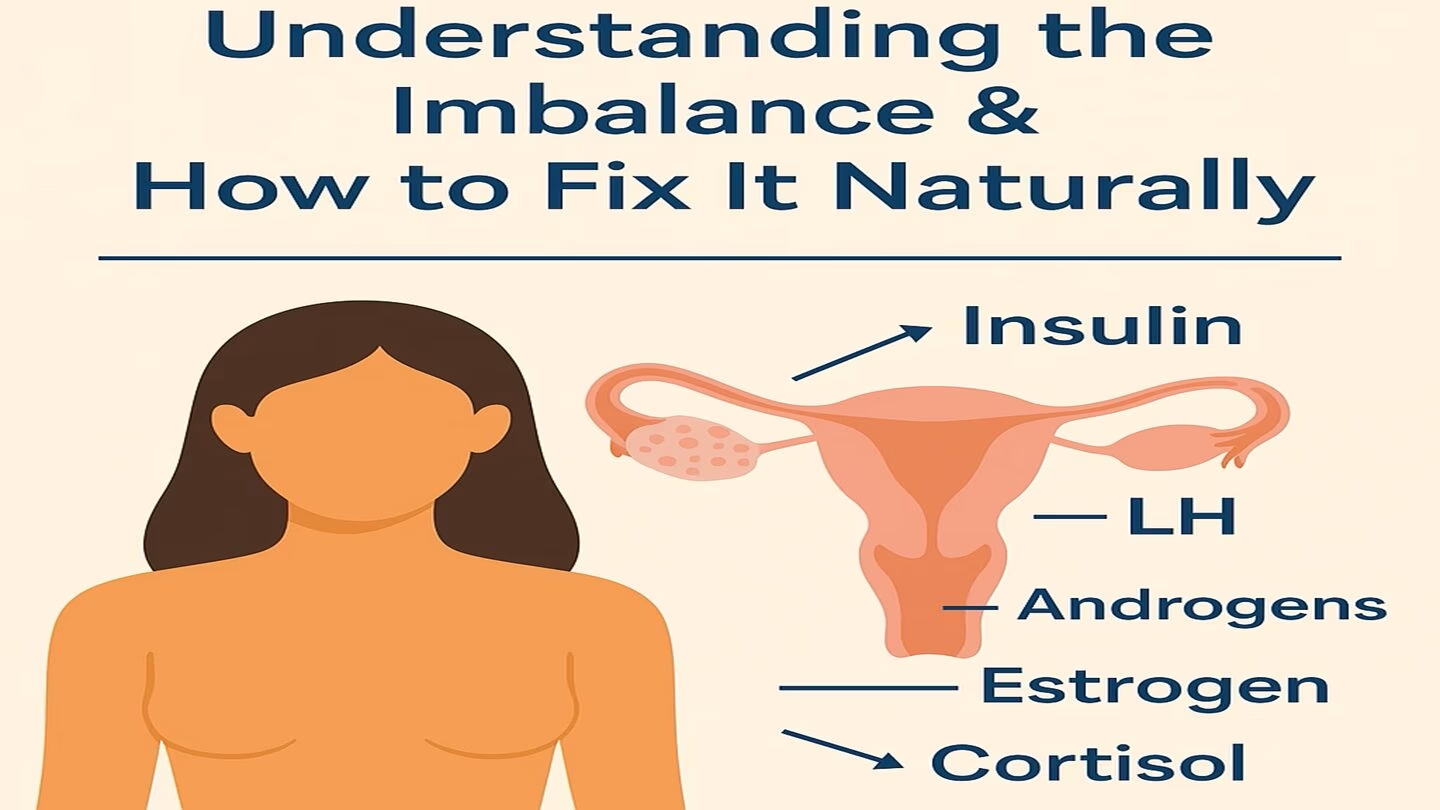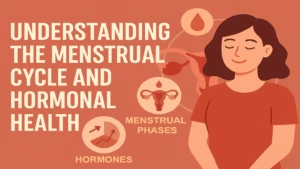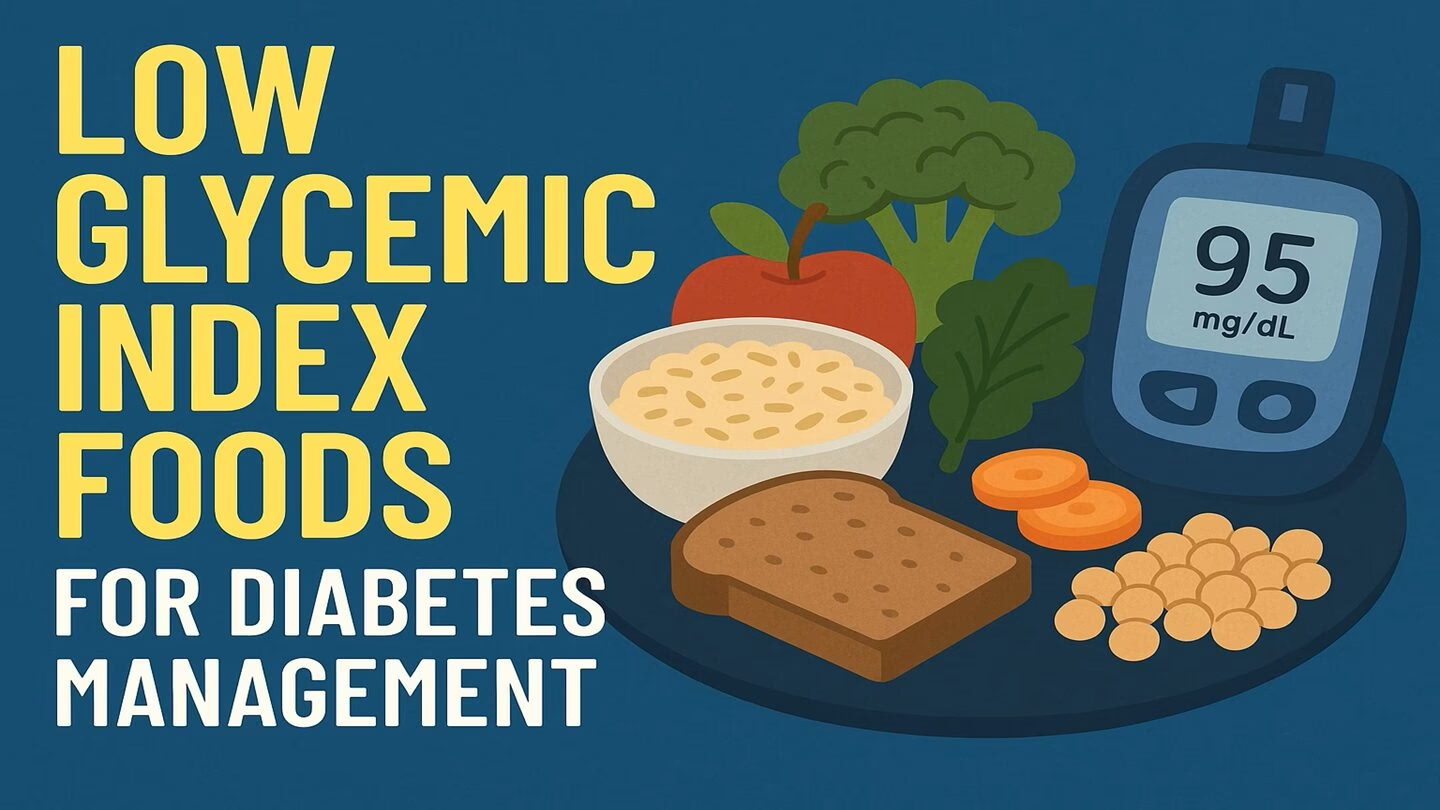Disclaimer: This article is for educational purposes only. Please consult a qualified healthcare professional for diagnosis and treatment of any medical condition.
1. Why Hormones Matter in PCOS
Polycystic Ovary Syndrome (PCOS) is a hormonal disorder that affects millions of women worldwide. At its core, PCOS is a condition of hormonal imbalance involving several key hormones:
| Hormone | Typical PCOS Pattern | Effect on the Body |
|---|---|---|
| Insulin | High due to insulin resistance | Promotes weight gain and triggers more androgen production |
| Androgens (like testosterone) | Elevated | Causes acne, unwanted hair growth (hirsutism), and hair thinning |
| LH : FSH ratio | LH is higher than FSH | Disrupts ovulation |
| Estrogen & Progesterone | Estrogen dominance | Leads to irregular cycles and PMS |
| Cortisol | Often elevated from stress | Increases inflammation and worsens insulin resistance |
Insulin resistance plays a major role in the development of PCOS by disrupting normal ovulation and stimulating excess production of androgens.
2. Signs Your Hormones Are Out of Balance
Common symptoms of hormonal imbalance in PCOS include:
- Irregular or missed periods
- Cystic acne (especially on the jawline)
- Excess hair growth on the face or body
- Thinning hair or hair loss on the scalp
- Difficulty losing weight or unexplained weight gain
- Mood swings, fatigue, or anxiety
These symptoms can vary from woman to woman and may overlap with other health conditions.
3. Natural Strategies to Rebalance Hormones
Here are evidence-based, natural ways to improve hormone balance in PCOS:
| Strategy | How It Helps | Tips |
|---|---|---|
| Low-GI / Anti-inflammatory Diet | Reduces insulin spikes and inflammation | Focus on vegetables, lean proteins, whole grains, and healthy fats |
| Inositol Supplements | Improves insulin sensitivity and ovulation | Take as directed (commonly 2–4 grams per day) |
| Omega-3 Fatty Acids | Lowers inflammation and helps with hormonal balance | Eat oily fish or take fish oil supplements |
| Spearmint Tea | Reduces androgen levels | Drink twice daily |
| Regular Exercise | Improves insulin sensitivity and hormone regulation | Aim for 30 minutes of moderate activity 4–5 times per week |
| Stress Reduction (Yoga, Meditation) | Lowers cortisol and supports hormonal balance | Try 15–30 minutes of mindfulness daily |
| Vitamin D, Magnesium, Zinc | Supports insulin action and reproductive health | Test your levels and supplement if needed |
| Better Sleep | Helps regulate cortisol and insulin | Aim for 7–9 hours of quality sleep each night |
| Reduce Toxin Exposure | Lowers risk of hormone-disrupting chemicals | Use natural products and avoid plastic containers for food and drinks |
4. Sample One-Day Hormone-Balancing Routine
| Time | Activity |
|---|---|
| 7:00 AM | Wake up, drink water with lemon, light stretching |
| 7:30 AM | Breakfast: Greek yogurt with berries, chia seeds, and nuts |
| 12:30 PM | Lunch: Grilled salmon with quinoa and steamed vegetables |
| 3:00 PM | Spearmint tea and a small healthy snack |
| 6:00 PM | Exercise: brisk walk, yoga, or resistance training |
| 7:30 PM | Dinner: Lentil curry with leafy greens |
| 9:00 PM | Relaxation: deep breathing or meditation |
| 10:00 PM | Sleep in a cool, dark room |
5. When Natural Methods Aren’t Enough
Lifestyle changes are powerful, but some women may still need medical support. Consult a doctor if:
- Periods remain irregular after months of consistent lifestyle changes
- You experience heavy bleeding or thickened uterine lining
- You’re trying to conceive but not ovulating regularly
- Blood tests show high insulin, blood sugar, or cholesterol levels
Medical options may include birth control pills, insulin-sensitizing drugs (like metformin), or ovulation-inducing medications.
6. Final Thoughts
- PCOS is deeply connected to hormone imbalances, especially insulin and androgens.
- Natural approaches—like dietary changes, exercise, and supplements—can significantly improve symptoms.
- Consistency is key: results take time, but with patience and dedication, many women see restored cycles, improved skin, better energy, and enhanced fertility.
- Track your progress and adjust your plan every 8–12 weeks.
With the right strategy, you can manage PCOS and support your long-term health—naturally.
ABOUT THE AUTHOR
Dr. Nora West is a highly skilled MBBS doctor with a special interest in women’s health and patient education. She is dedicated to providing compassionate care and believes in building strong doctor–patient relationships based on trust and understanding. Dr. Nora focuses on empowering her patients with the knowledge they need to make informed decisions about their health. She is particularly passionate about preventive medicine, nutrition, and lifestyle interventions that can significantly improve quality of life. Known for her warmth and professionalism, Dr. Nora combines evidence-based medicine with a personalized approach, ensuring every patient feels supported on their journey to better health.














Add comment